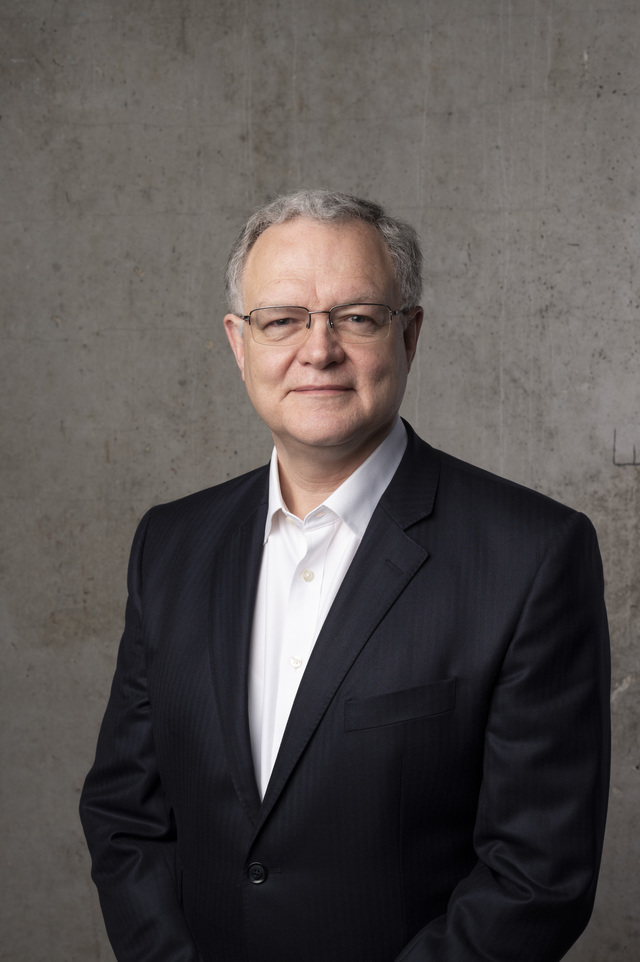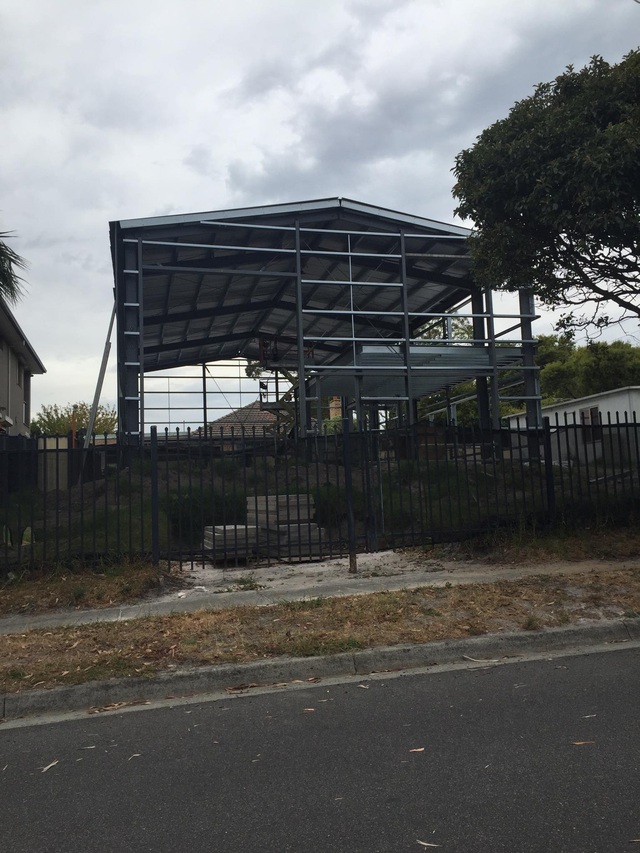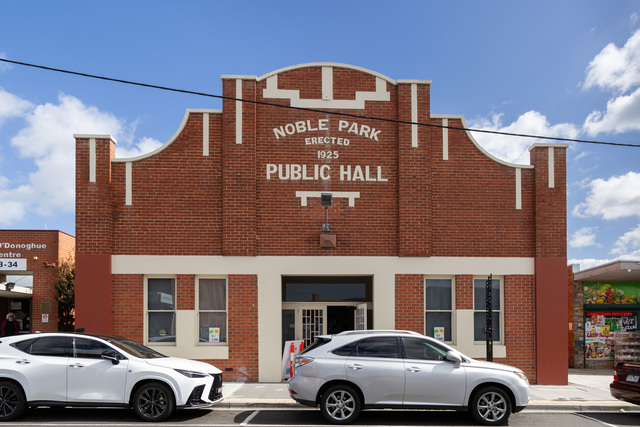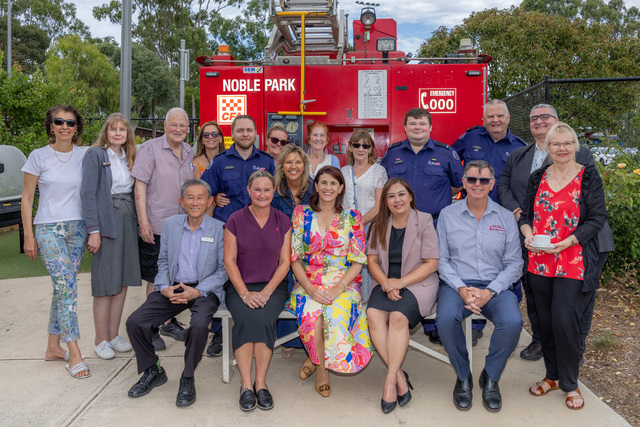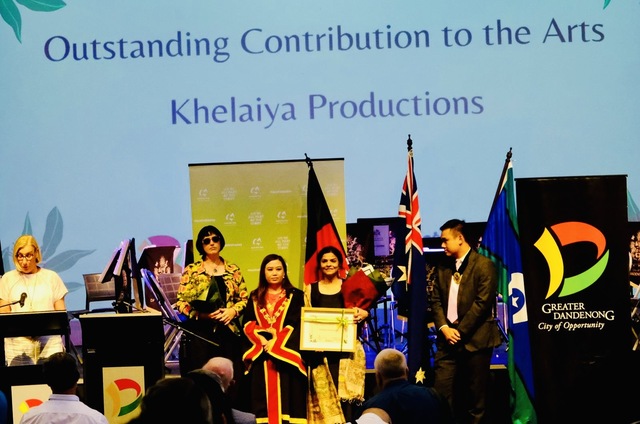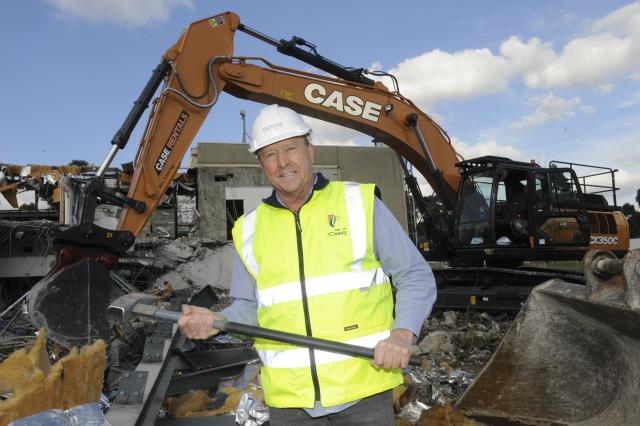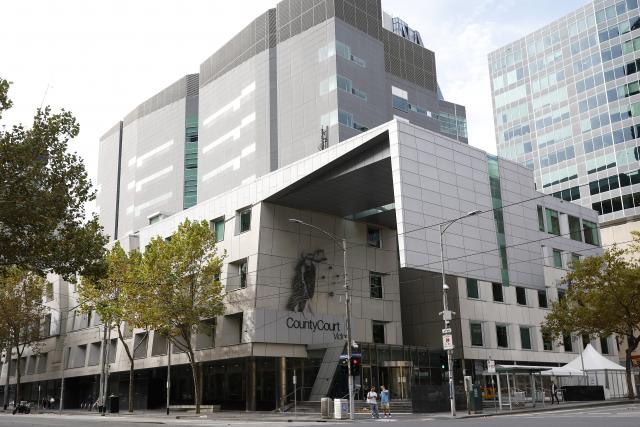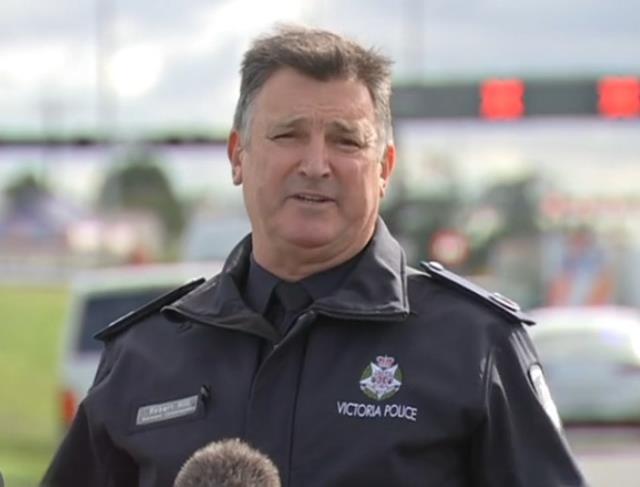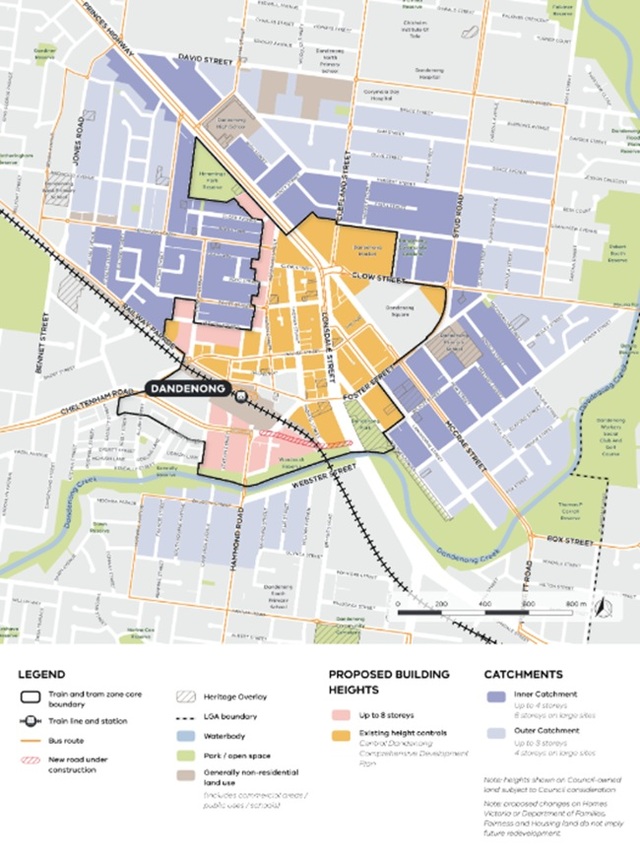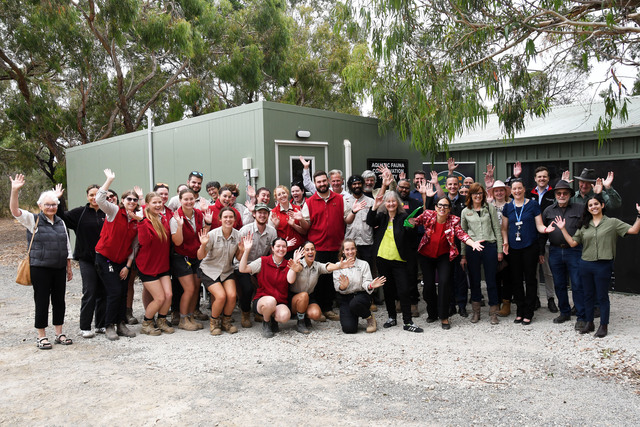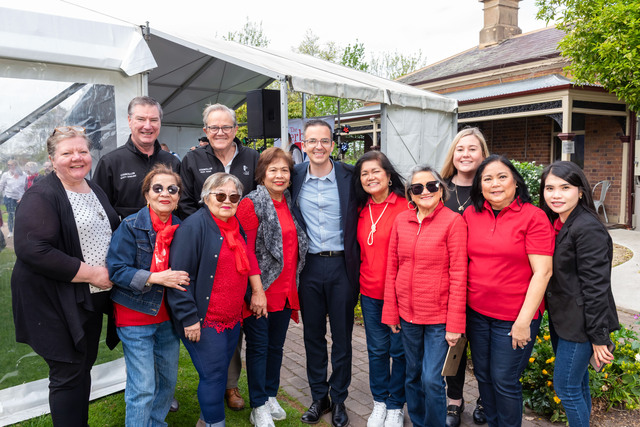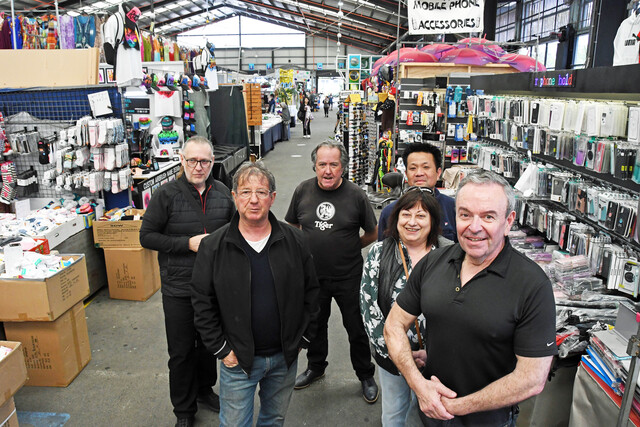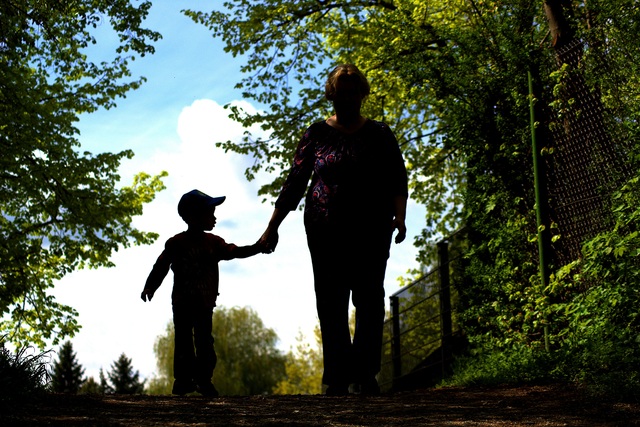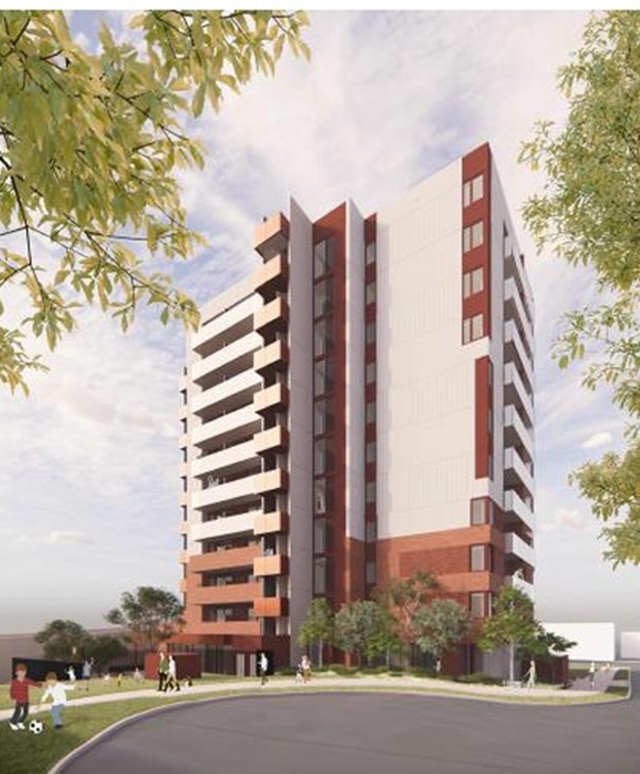With the State Electricity Commission’s all-electric pilot rolling out in the City of Casey, a local expert has emphasised its importance as a key step forward to a more sustainable community.
A Narre Warren resident, and Federation University’s engineering executive dean, Iven Mareels said that the entire “initiative in itself is very worthwhile”.
“For many people in Australia, they actually don’t know very much about their appliances [such as] the difference between a well-insulated house and a non-insulated house can be significant in energy consumption,” he said.
Professor Mareels, vice-chancellor of innovation and executive dean of the Institute for Innovation, Science and Sustainability, also added that homes that are not fully oriented to use the sun “as a maximum possibility” are another aspect that hinders people.
A Cranbourne North resident for over 10 years, and the eldest child in a family of five, Charlene Deldio sees the pilot as an opportunity for residents to be more “in tune” with their energy expenditure.
Ms Deldio, who has been a keen advocate for her family’s installation of solar panels, said that the pilot is a “good step towards better caring for the planet”.
“Mainly because where there is such a large LGA, I think mass community action really matters, so having this [initiative] at a council level is important.”
With eyes set to touch on the digital platform and its survey, Ms Deldio added that there are some high chances for her family to explore alternative options.
“We’re always looking for ways to be more cost-efficient in the household, with our costs, and obviously electric energy will lead to overall lower costs in general.
“I think a lot of people try to be, or want to be sustainable, but most of the time they just don’t know where to start and it can be really discouraging because there’s a lot of information out there.
“But with this initiative, it’s a bit clearer when it comes to seeing the wastage and because of the free digital platform, more people can really target where and how to cut their energy bills,” she said.
Holding the same sentiment, Professor Mareels added that the SEC initiative encourages foundational habitual change, which he coined as the very first step and that is to “use less”.
“The fact that we are very easy to spill or to waste energy is a problem, the less we use, the less infrastructure we have to build, the less we have to generate and the less we have to transport – everything follows from how much we consume.
“If we can become wiser in consumptive use, and reduce this use, everybody wins,” he said.
The SEC pilot initially rolled out in the City of Casey and the City of Merri-bek in the later days of August, and while there was no confirmed date, the City of Ballarat is scheduled to begin theirs this month.
With eventual plans to expand the pilot throughout the state, Professor Mareels said that while the advisory role can be delivered readily at a large scale, the nuances are “going to be different”.
“People living in high-rises have different needs from people that live in semi-rural areas and different needs from people that live in semi-dense areas.
“These nuances are going to come out when you roll it out widely, and while the first phase us use less, the second phase is, how do you become more efficient?” he said.
The professor also expressed challenges presented by people in different living conditions, taking into account financial measures, but also the stark differences in the realm of opportunity for those with mortgages, and those who are renting.
Seeing the pilot in a “positive light” Ms Deldio also wanted to highlight the costs of switching as a detrimental factor, saying that it’s important to “know people’s different economic standings and how accessible this program is, or how accessible sustainable practices are in general.”
“I think it’s definitely an investment, I think for people who can afford it and are sitting on the fence, I would say it’s important to consider the high costs upfront, but going electrical would prove to be useful in the long run due to its reliability,” she said.
Looking further ahead, Professor Mareels spoke on the third phase of the SEC’s initiative and coined it as a phase where things could become “tricky” when it comes to demand management.
The professor used solar’s current state as an example of this struggle with demand and supply, where solar power that is not used locally is sent back to the grid; which in turn causes issues for those managing the grid due to not having enough space to store the energy.
“You can’t ask everyone to put in batteries, because of safety and price, the cost return investment is not there yet,” Professor Mareels said.
“So how you actually manage that surplus solar wisely, that is complicated; and that causes headaches for everybody; there are ways for doing that but for the moment, these feel kind of ‘big-brother-like’.
“Can I control your air conditioning for example, can I control your fridge, can I control your freezer? These types of questions need to be answered when you do real demand management.”
Returning to the program’s roots, as an educator, Professor Mareels believes that encouraging discussion of sustainability, waste management and other related topics, early on in one’s education is important when it comes to “bringing people’s attention” to alternative options.
While the pilot, especially the free digital platform is effective in providing the mentioned alternatives, the professor added that it can be difficult for people to “interpret” the information provided, especially when it comes to the complexities of power, energy and how it all comes together.
“However, doing it indirectly through schools where you have the attention and people, where [topics] like sustainability, the environment, energy and power are concepts that can get across.
“Even at primary school, in my opinion, you can reach a population indirectly much quicker through young people; it instils behaviours from school, where life goes on outside of that.
“There are a lot of ways we can minimise our power use, and that way then the kids will bring it home [from school],” Professor Mareels said.
On a more positive note, visualisation and competition between LGAs could also be a possible realm of opportunity, where energy consumption, not just per household, but per municipality became more visible to the general public.
“This is me fantasising, but maybe Bunjil Place could have a display on that shows Casey is producing x-amount of solar, we’re consuming this much energy and how we’re behaving as a community, and Cardinia would have the same.
“You could use the competitive behaviour of being the most sustainable community, as a way of helping us to understand the importance of energy; it’s just visualising, understanding what we’re doing and what we can better do about it.
“Because unless people can get their head around it and see for themselves, it’s not going to happen,” the professor said.
Ultimately, Professor Mareels encourages residents to take part in the pilot, considering its educational benefits.
“We’re a wasteful society, and reflecting on [Australia], we are a lucky country, but that doesn’t mean we have to exhaust our luck,” he said.
The City of Casey was contacted for comment but did not respond before going to press.

